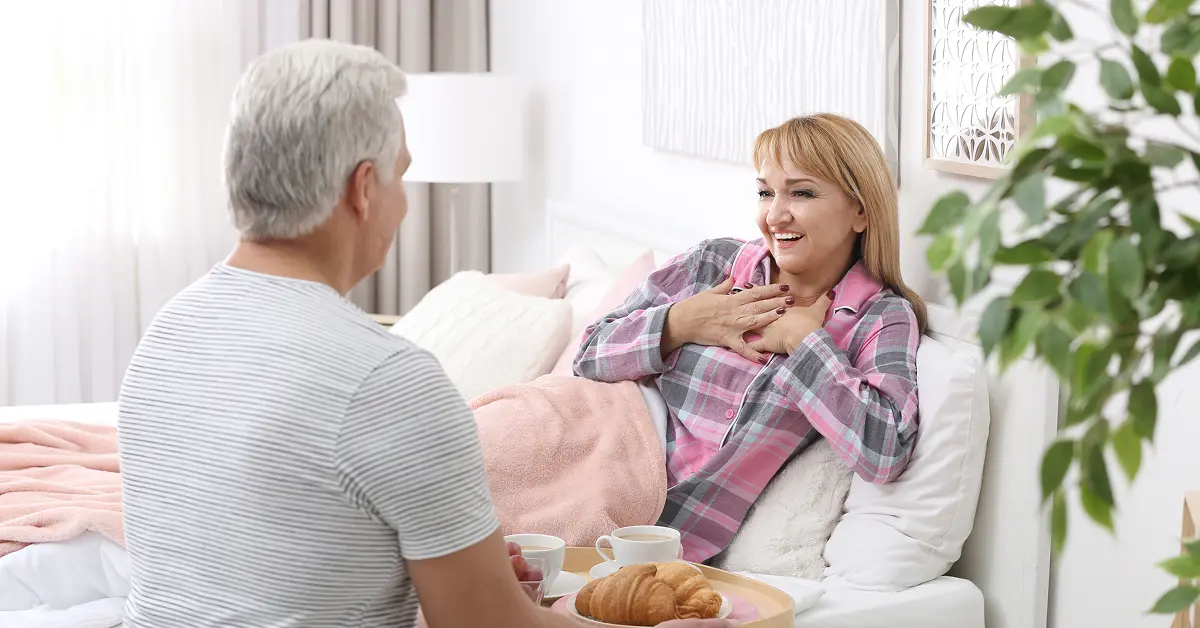In today’s fast-paced world, healthcare is evolving to meet the needs of patients who prefer to recover in a familiar, comfortable environment. For many Indians recovering from surgery, illness, or managing long-term conditions, Patient Care at home are an essential part of the healing process. These services combine medical expertise with personal attention, helping patients focus on recovery without the stress of prolonged hospital stays.
What Are Patient Care Services at Home?
Patient care services at home are professional healthcare solutions designed to help individuals recover from medical conditions, injuries, or surgeries within their homes. Depending on needs, services are delivered by trained caregivers, nurses, or allied health professionals such as physiotherapists.
Typical services include:
- Monitoring vital signs (blood pressure, blood sugar, oxygen saturation)
- Administering medications and injections
- Wound dressing and post-surgical care
- Assistance with mobility and physiotherapy
- Personal hygiene and daily activity support
- Emotional support and companionship
Why Choose Patient Care at Home?
Recovery is about more than medicines — mental well-being, comfort and security play a major role. Home-based patient care offers these advantages and often leads to better outcomes:
- Comfort & Familiarity: Being at home reduces stress and anxiety, positively affecting healing.
- Lower Infection Risk: Recovering at home reduces exposure to hospital-acquired infections.
- Personalised Attention: Caregivers focus on a single patient, enabling customised care plans.
- Emotional Support: Family presence improves mental health and motivation.
- Cost-Effective: Home care often reduces expenses associated with long hospital stays.
Types of Patient Care Services Available in India
Home healthcare in India now covers a wide spectrum, tailored for different stages of recovery and care requirements:
- Post-Surgical Care: Regular dressing changes, pain management and physiotherapy under medical guidance.
- Chronic Illness Management: Ongoing monitoring and medication support for diabetes, hypertension, COPD and kidney disease.
- Elderly Care: Assistance with mobility, bathing, meals and medication for seniors with multiple health concerns.
- Physiotherapy at Home: Rehabilitation after fractures, joint replacements or stroke with guided exercises.
- Palliative Care: Focused on comfort, pain control and quality of life for terminal conditions.
The Role of Professional Caregivers and Nurses
Trained home nurses and caregivers are the backbone of effective home care. Their responsibilities extend beyond technical procedures to include empathy and communication.
Common responsibilities:
- Administer prescribed medications and injections as directed by a physician
- Monitor blood sugar, blood pressure and oxygen levels
- Assist with feeding, mobility aids and hygiene
- Provide physiotherapy support and rehabilitation exercises
- Report progress and any complications to family and treating doctors
How Home Care Supports Faster Recovery
Patients often recover faster in a stress-free, supportive home setting. Home care contributes to recovery by improving sleep quality, encouraging family interaction, enabling customised diets and fostering a positive mindset — all crucial for healing.
When Should You Opt for Patient Care Services at Home?
Consider home patient care if:
- The patient is stable but needs regular medical monitoring.
- Mobility issues make hospital visits difficult.
- You want to reduce hospital stay length while maintaining quality care.
- The patient is recovering from surgery or a serious illness.
- You want to lower costs and infection risks associated with hospitals.
Choosing the Right Home Care Provider
When selecting a provider, evaluate:
- Qualifications: Trained nurses and certified caregivers.
- Experience: Track record in similar cases or conditions.
- Service Range: Package flexibility for short-term or long-term care.
- Availability: 24/7 support for emergencies.
- Reviews & References: Testimonials from other families.
Tips for Making Home Recovery Successful
- Prepare the patient’s room with easy access to essentials.
- Maintain hygiene and cleanliness to prevent infections.
- Keep emergency contacts and first-aid supplies handy.
- Communicate with healthcare providers about progress and changes.
- Encourage positive habits: light activity, nutritious meals and regular rest.
The Future of Home Patient Care in India
With telemedicine, remote monitoring devices and a growing network of trained home healthcare professionals, patient care at home is poised for expansion. Technology combined with human compassion will bring more accessible, quality care to Indian households.
Conclusion
Patient care services for recovery and health at home are a practical, patient-centred alternative to prolonged hospital stays. Whether you need post-surgical nursing, chronic disease management or elderly care, professional home services provide comfort, improved outcomes and cost savings. Choosing a reputable provider and staying actively involved in care planning ensures the best possible recovery for your loved one.
Contents
- What Are Patient Care Services at Home?
- Why Choose Patient Care at Home?
- Types of Patient Care Services Available in India
- The Role of Professional Caregivers and Nurses
- How Home Care Supports Faster Recovery
- When Should You Opt for Patient Care Services at Home?
- Choosing the Right Home Care Provider
- Tips for Making Home Recovery Successful
- The Future of Home Patient Care in India
- Conclusion
Our 24*7 services
Latest Posts
- What Is Respite Care and Why Is It Important
- Affordable home care for senior citizens in India
- Caring for Seniors with Dementia or Alzheimer's at Home
- Senior Caregiving A Guide for Every Family
- How to Write a Caregiver Resume That Gets You Hired
- How Care After Hospital Discharge Speeds Up Recovery at Home
- How to Get Home Health Care for Seniors Through Medicare
- What Does a Senior Citizen Caregiver Really Do at Home
- How to Care for Elderly Parents with Alzheimer’s or Dementia
- How to Get 24-Hour Care for Seniors at Home



